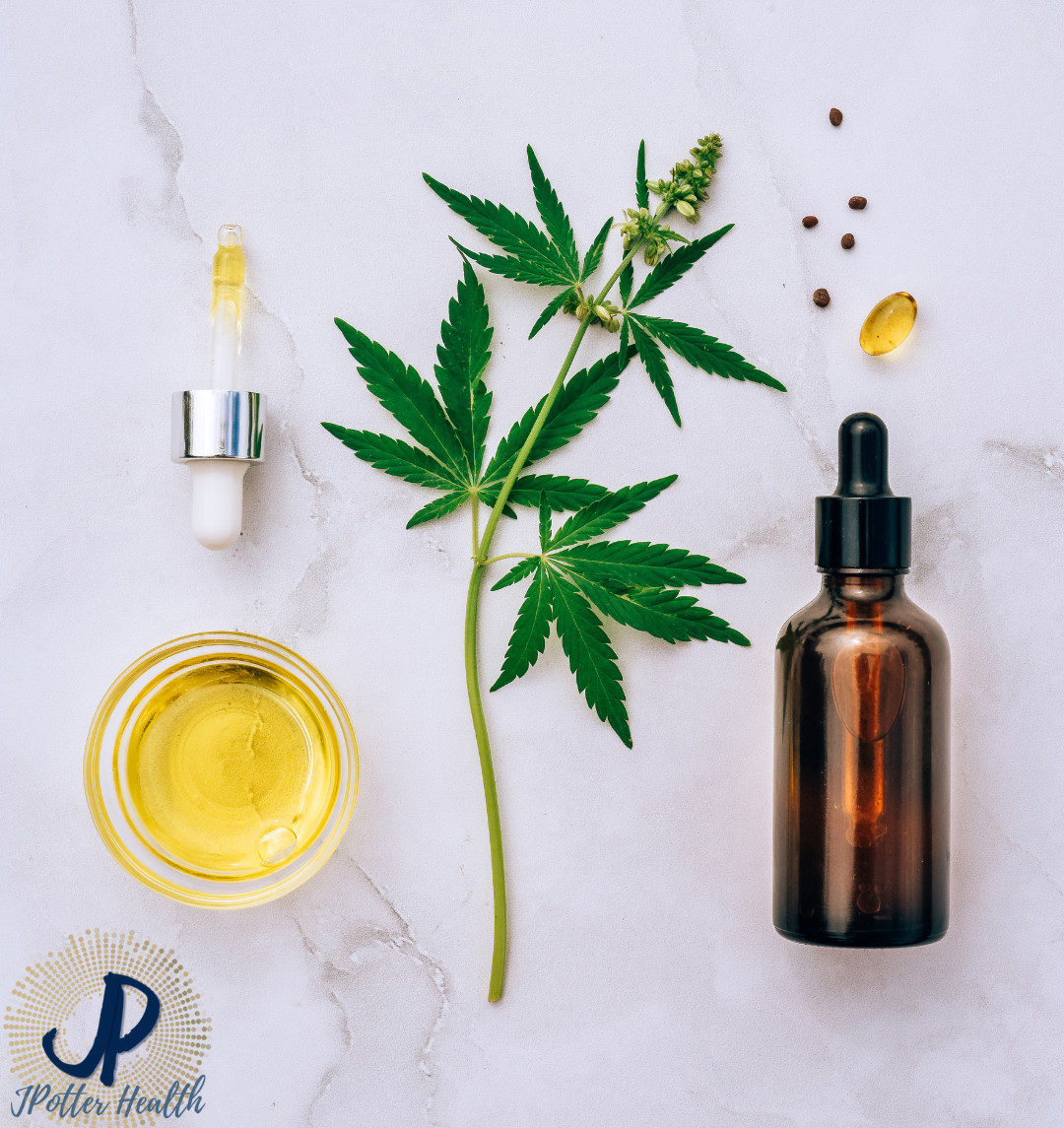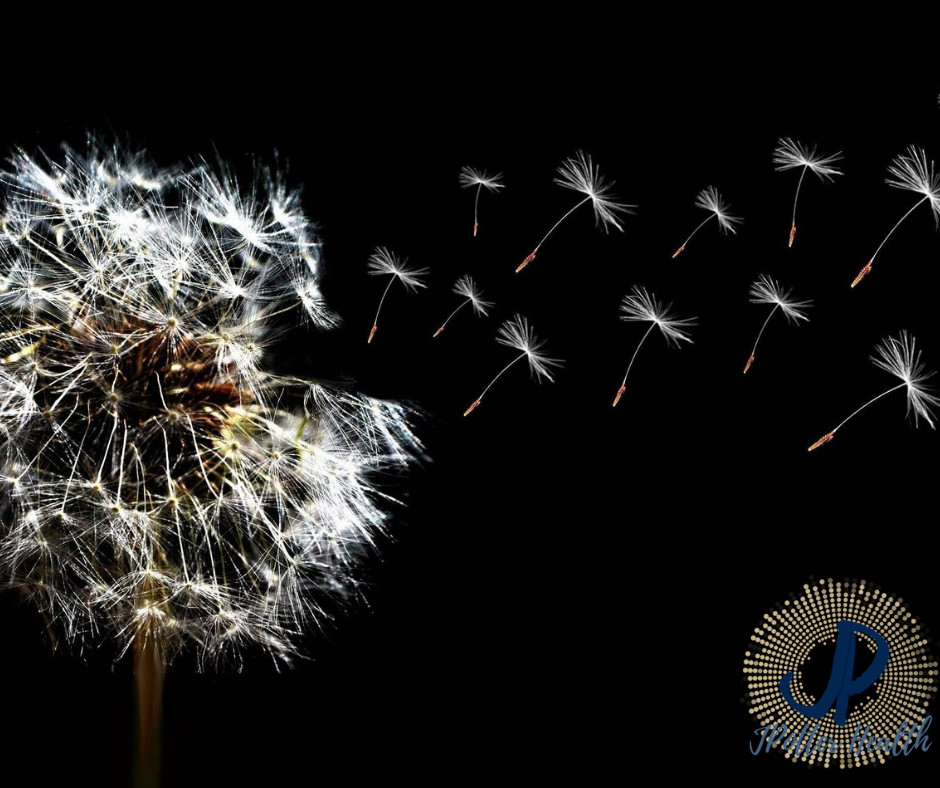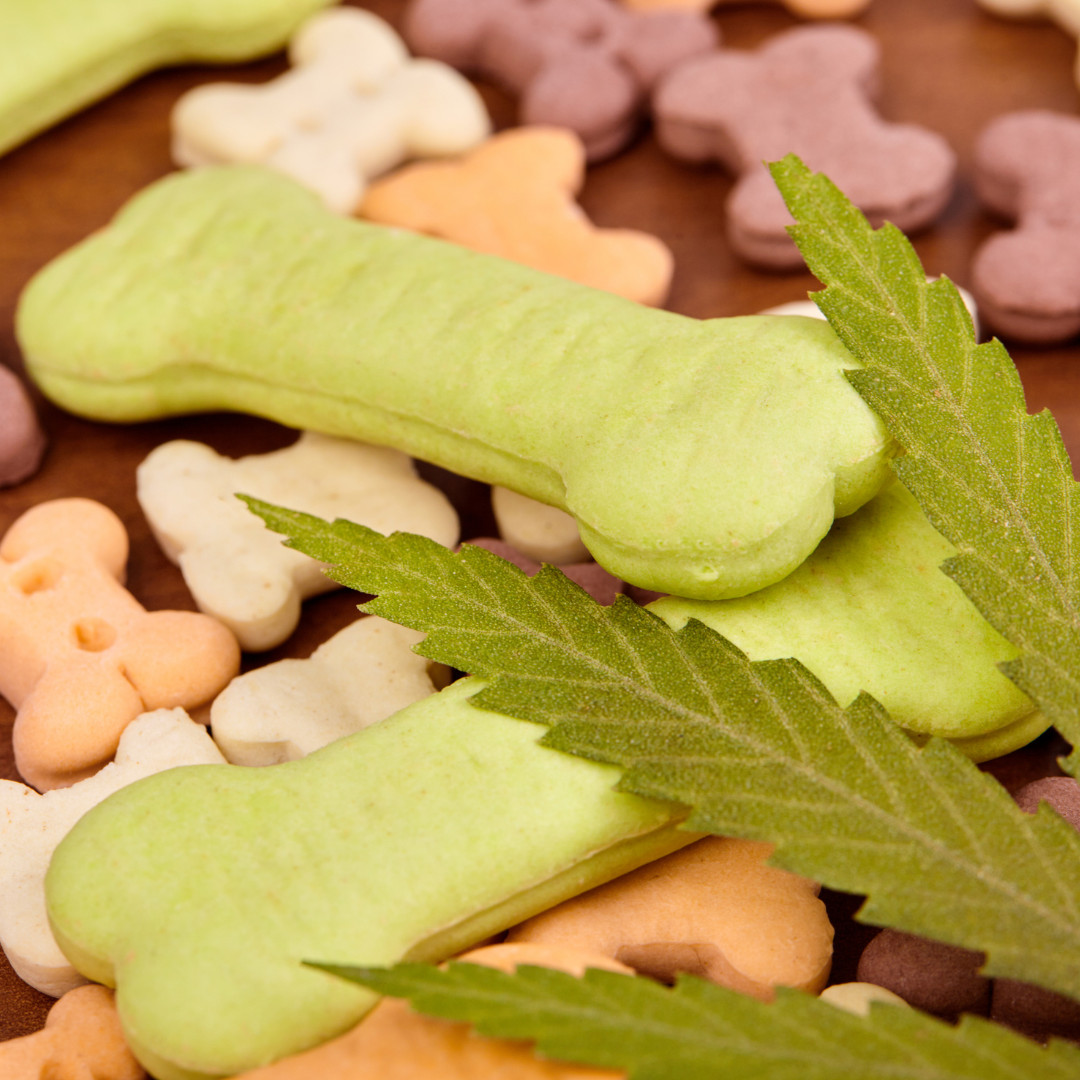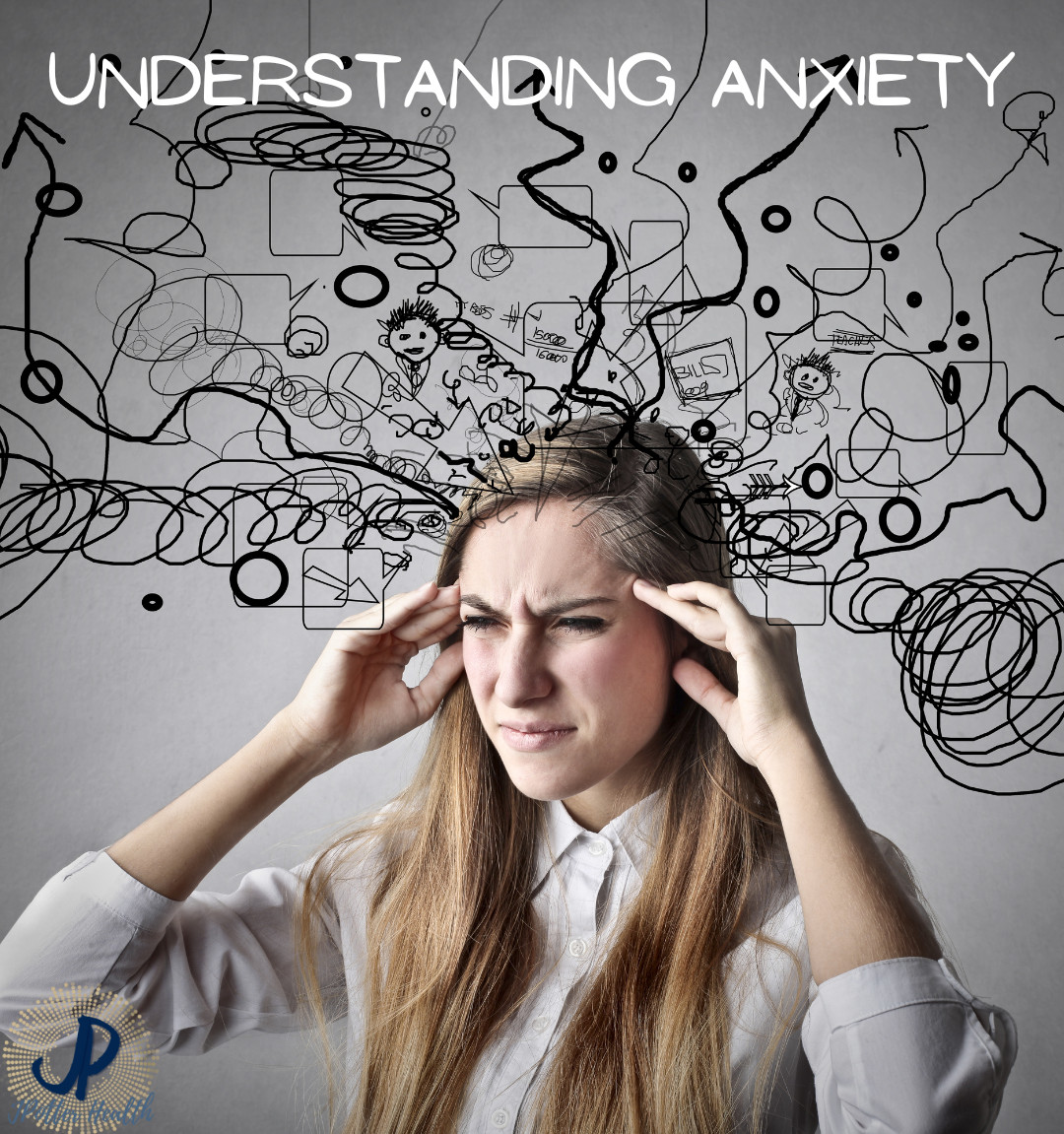 As the hemp industry rises, legislation is trying to keep up with the changes of this industry. The marijuana industry wants to engulf it into dispensary sales. Hemp is federally legal, sort of and marijuana is state by state, with many laws to really confuse the shopper. In this post JPotter Health would like to try to inform as best we can where this is legally and where it seems to be going. The US House Agriculture Committee has recently passed an amendment to the 2024 Farm Bill, aiming to redefine hemp to address a 'loophole' formed by the 2018 Farm Bill. This proposed change may ban hemp-derived cannabinoid products like delta-8 THC and THCA, sparking a significant debate on cannabinoid regulation. While the bill still has a legislative journey ahead, its potential impact on the $28 billion gray market and the future of the US hemp industry is considerable. Despite efforts to 'close the loophole,' lawmakers could choose to maintain current regulations or delay decisions.
As the hemp industry rises, legislation is trying to keep up with the changes of this industry. The marijuana industry wants to engulf it into dispensary sales. Hemp is federally legal, sort of and marijuana is state by state, with many laws to really confuse the shopper. In this post JPotter Health would like to try to inform as best we can where this is legally and where it seems to be going. The US House Agriculture Committee has recently passed an amendment to the 2024 Farm Bill, aiming to redefine hemp to address a 'loophole' formed by the 2018 Farm Bill. This proposed change may ban hemp-derived cannabinoid products like delta-8 THC and THCA, sparking a significant debate on cannabinoid regulation. While the bill still has a legislative journey ahead, its potential impact on the $28 billion gray market and the future of the US hemp industry is considerable. Despite efforts to 'close the loophole,' lawmakers could choose to maintain current regulations or delay decisions.The 2018 Farm Bill legalized hemp by defining it as containing no more than 0.3% THC, inadvertently fostering a booming market for CBD and hemp-derived products. These products are now widely available, thanks to the bill's vague language and the botanical similarity between hemp and cannabis. The 2024 Farm Bill amendment proposes a stricter definition, limiting hemp to "naturally occurring, naturally derived, and non-intoxicating cannabinoids," potentially banning popular products like gummies and edibles.
Contributing to the debate, a DEA official clarified in a May 13 letter that the legal threshold for hemp includes delta-9 THC and related cannabinoids like THCA. THCA is a non-intoxicating precursor to THC that becomes active when heated. Although THCA products contain less than 0.3% delta-9 THC, they are often sold outside licensed cannabis markets. The DEA's clarification asserts there is no loophole, arguing that THCA does not meet the legal definition of hemp. This stance has intensified debates within the hemp industry. While the DEA plans to finalize this policy, a federal appeals court in 2022 upheld exemptions for delta-8 THC from DEA regulations, leaving hemp-derived products in a legal gray area.
Amid federal uncertainty, states have taken varied approaches. States like New York, Washington, Oregon, and Colorado have moved to ban hemp-derived cannabinoids, while others, such as California, Michigan, Maryland, and Connecticut, limit sales outside regulated cannabis channels. Meanwhile, Minnesota, Louisiana, and Virginia are crafting laws to regulate these products within the hemp-derived market. This ongoing state-level regulation highlights the complex landscape surrounding hemp-derived cannabinoids amidst federal policy discussions.














0 Comments